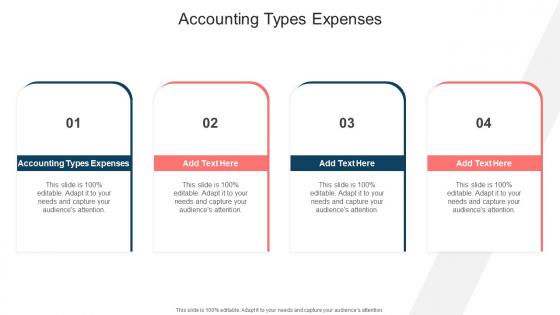
For amortization, the focus shifts to intangible assets such as patents or copyrights. Similar to depreciation, amortization spreads the cost of these assets over their expected lifespan. When it comes to reporting, both depreciation and amortization affect the balance sheet and income statement, adjusting the value of the asset and reducing taxable income through expense recognition. When managing a company’s financials, understanding the nuances of expense categorization is key to accuracy and compliance.
How to track your business expenses
This can include salaries, supplies, rent on office space or warehouse location, etc., and other necessary costs to keep everything running smoothly. Documentation is critical; businesses must keep receipts, bank statements, and financial records that detail each expense. Proper categorization ensures that come tax time, they have accurate figures to report and can substantiate claims if audited. Categorizing expenses accurately ensures that they reflect on financial statements correctly and can impact the assessment of a company’s financial health.
Expense Account
The cost of renting property of any kind is charged as a rent expense. When calculating the cost of goods sold for a manufacturing business, we need to take into account the cost of all inputs used in the production process. My Accounting Course is a world-class educational resource developed by experts to simplify accounting, finance, & investment analysis topics, so students and professionals can learn and propel their careers. C) Try not to spend too much in one place; instead, try spreading out expenses across several different categories, so they don’t add up all at once. Recording these elements distinctly aids the small business owner in understanding their debt obligations and the cost of borrowing, which affects their net income.
Why are expenses important for business?
- COGS, however, does not include selling and administrative costs as incurred by your whole company, nor does it include interest expense or loss on extraordinary items.
- Expenses are any money spent by a business, so naturally they’re very important to keep track of.
- One thing you need to keep in mind when preparing financial statements of sole traders and partnerships is that the salary of owners is not considered as an expense of the business.
- Delivered as SaaS, our solutions seamlessly integrate bi-directionally with multiple systems including ERPs, HR, CRM, Payroll, and banks.
The first aspect of the definition is quite easy to grasp as the incurring of an expense must reduce the net assets of the company. However, net assets of an entity may also decrease as a result of payment of dividends to shareholders or drawings by owners of a business, both of which are distributions of profits rather than expense. This is the significance of the latter part of the definition of expense. They help you track and sort expenses that your business has during an accounting period.
Leveraging Tax Credits and Deductions

Variable expenses are dependent on the number of units you produce or sell. For example, payroll of a company that hires a large amount of freelancers, overtime expenditure, commissions, etc. Financial expenses are incurred when your company borrows money from creditors and lenders.
Cost and Expenses in Accounting
In this respect, managing operating expenses is crucial for a firm’s profitability. Monitoring and controlling those costs can enhance operational efficiency and improve financial performance. Most of the time, non-operating expenses are presented separately from operating expenses in a company’s income statement in order to bring out its level of operational efficiency.
Examples of frequent expenses include supplier payments, employee wages, factory leases, and equipment depreciation. In order to lower their tax burden, businesses are allowed to deduct tax-deductible expenses from their taxable income on their income tax returns. But the Internal Revenue Service (IRS) has strict rules about what costs businesses can write off. Accrued expenses represent liabilities incurred by a business but not yet paid for. These expenses are recognized in the accounting period in which they occur, aligning with the accrual basis of accounting, which matches revenues with the expenses incurred to generate them.
This involves specialized areas like depreciating assets and accounting for personnel costs, which require rigorous tracking and methodical record-keeping. A company should conduct reviews of their expenses at least on a monthly basis. This routine enables the identification of trends, the verification of financial types of expenses in accounting accuracy, and the preparation for tax obligations. If a business allocates funds for maintenance and repairs, reviewing these costs periodically can help prevent budget overruns. Proper expense categorization in bookkeeping is critical for managing financial statements and optimizing tax deductions.


